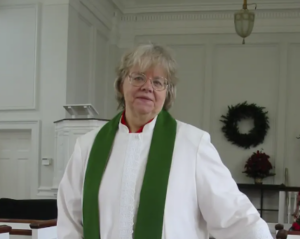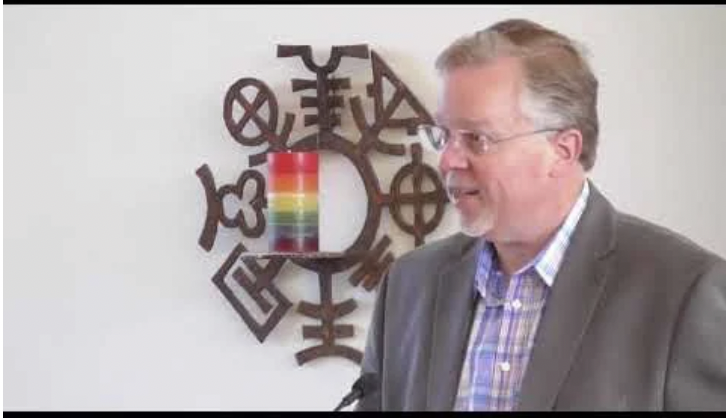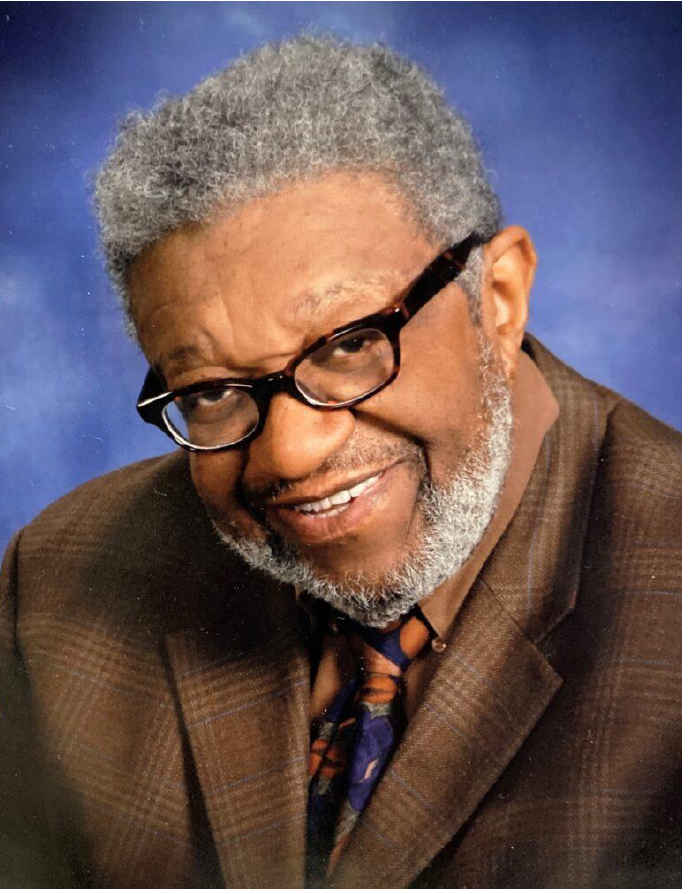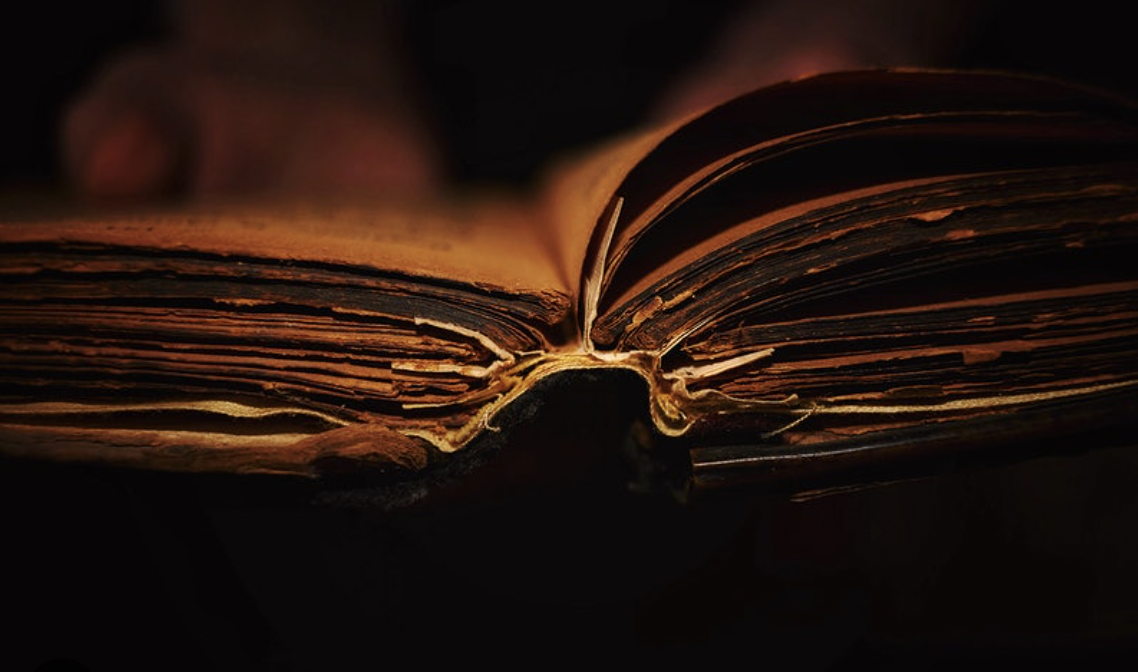Losing My Religion
Judy Robbins, PsyD
Although we focus on the imperiled Principles as the dominant outward sign, the entire religion of Unitarian Universalism is being reconstructed to the point where I do not recognize it. I am losing my religion. In the midst of heartbreak, I’ve been prompted to ponder the connection between religion and spirituality.
For me there is a big difference between religion and spirituality. Spirituality is inner-focused where religion is outer-focused. Religion is the way spirituality plays out in the world. When I became a Unitarian in my early 20s, I found a good match for my innate spirituality to express itself. Gathering in Unitarian churches felt safe and comforting, and a little challenging. It was a place that invited me to deepen both my intellectual and spiritual perspectives. Unlike other religions, UUism was liberal; it wasn’t salvation-based with a rulebook of commandments. I flourished in the freedom, in the wholehearted acceptance of differing opinions and viewpoints. I resonated with The Seven Principles as the public face of UUism.
But UUism is not my spirituality. My spirituality is deeply personal and internal. It’s heartful and experiential, not noisy with thoughts. It is not goal oriented. Paradoxically, it is both unbounded yet grounded in the world. It is entirely accepting and nonjudgmental and an unfailing guide to compassion. It’s always there. It’s a constant Awareness that is intangible so it cannot be threatened by anything external, including religion. From a spiritual perspective I have no trouble seeing the interdependent web of existence. On a good day, I can grasp the concept of Oneness. Indeed, my spirituality is the deepest and dearest part of me. I would not be wrong to say it is Me.
Until recently, my religion has supported my spirituality. UUism has reinforced my need to seek truth and meaning wherever I find it. Printed right there in The Principles was a guarantee that I had no need of an external authority; I could rely on my conscience to know what was right. I believe that all of us are inherently worthy; that we are united in valuing justice, equity, compassion, democracy, and world community. The implication at the heart of The Principles is clear: I can be trusted to be a good person; that we all can be trusted to be good people doing the best we can with what we’ve got.
But the Universe is upside down now. It is unrecognizable. An invaluable trust has been broken. My own conscience, inseparable from my spirituality, is no longer seen as trustworthy. Instead, I am to submit to an external authority that presumably knows what’s best. My individuality is no longer acceptable. My religion currently wants me to embrace an impossible To Do List to save the world. At the same time, I am being judged as stubborn, clinging, rigid and unaccepting in my views. Unbelievably, even my ability to love is in question. I feel foolish to have trusted that the morality and freedoms expressed in The Principles were a given, something that could not be easily tossed aside by a committee. Did I misplace my faith and trust and leave myself open to betrayal?
The word faith in a UU context has always puzzled me. I could see that others had faith in the tenets of their religion, faith in God. But did I have faith? It turns out I did have faith. I had put my faith in a liberal religion that I thought would be there for me always. I was wrong and I am shaken to my core to watch my religion morph into an entity that I can no longer entrust with my faith.
Today, I would not choose to become a UU. This new brand of UUism hinders my freedom to express my spirituality in the world. Even as I am losing my religion, no one can take away my spirituality. In fact, right now, everything religious feels very unstable and the only place of true refuge is in my spirituality.
Yet that is not entirely true. My current congregation espouses the values that drew me to UUism so many years ago. We are quick to embrace, and we come around to acceptance when things don’t go our way. Like all churches we are not without strife, but this is a group of people who are faithful to each other. Often at the end of services, you will see folks pressing their hands together prayer-wise and bowing slightly as we exchange “Namaste.” The light in me greets the light in you. Now, in these unstable times, it feels important to stay centered in that inner light and in loving community wherever we find it, both in our congregations and in the wider world of our very small denomination.
Judy Robbins, PsyD, is a lay leader at the Unitarian Society of Hartford, CT. Her doctorate is in Transpersonal Psychology, the area where psychology and spirituality overlap. She raised three Unitarian kids who remember YRUU and their UU Camp experiences fondly. Judy has had leadership roles in a number of Unitarian churches and at Rowe Conference Center in the Berkshires. She is married to Rick Tsukada, a lifelong UU.





